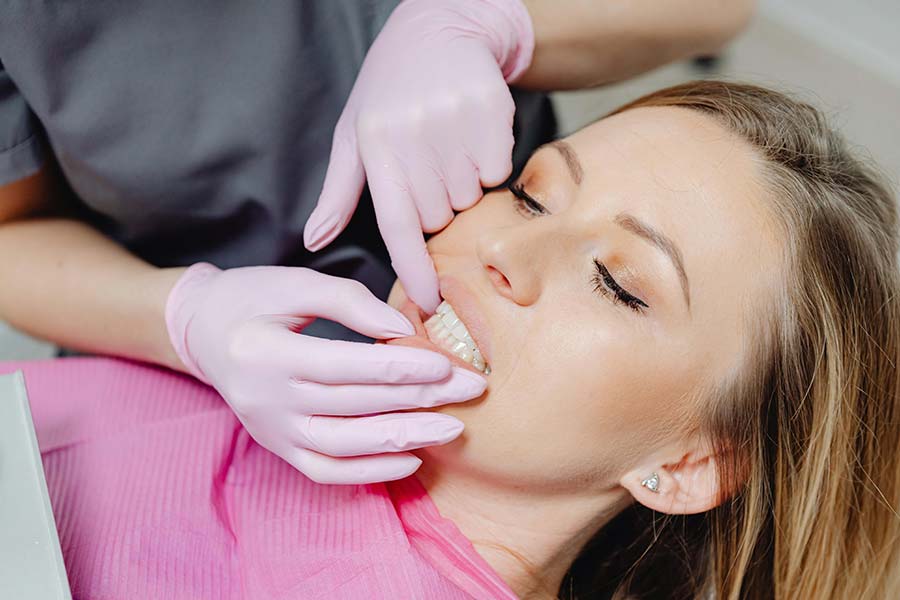Do Whitening Strips Damage Enamel?
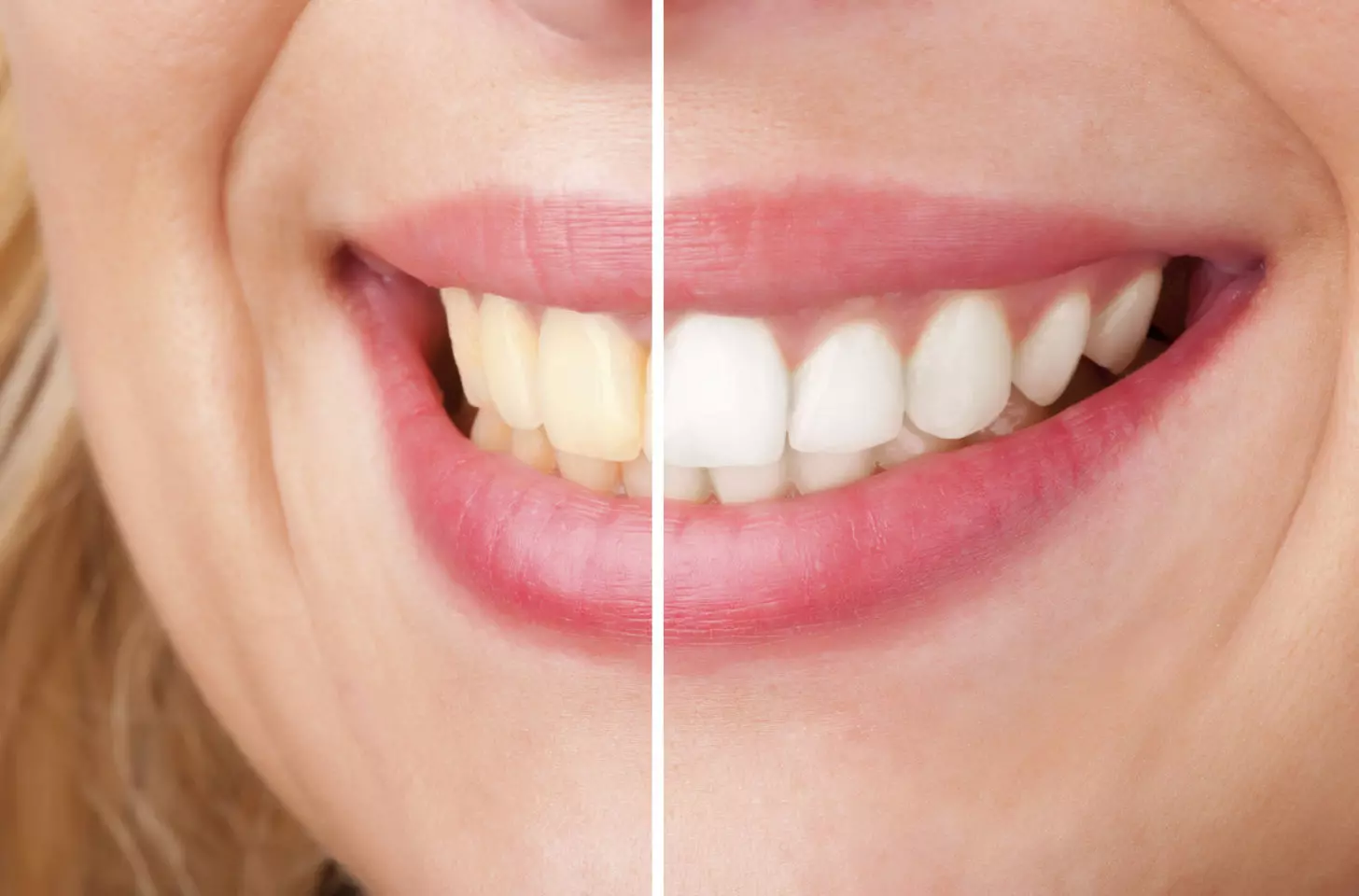
Feeling confident in your smile is essential, whether you have a celebration to attend, an interview to conduct, or a photoshoot coming up. A bright smile is so highly valued that Americans have spent over a billion dollars on whitening strips and other teeth-whitening products.
Do whitening strips work, though? And, more importantly, do whitening strips damage the enamel of your teeth? While they do offer a quick solution to your teeth whitening needs, their use comes with a few harmful side effects, like increased sensitivity and protein weakness.
In this post, we’ll explore:
- Are whitening strips bad for your teeth?
- How do they affect enamel and dentin
- Whether whitening strips damage teeth
- Safer, professional alternatives like Zoom whitening
What Makes Enamel So Important?
Your enamel is the hardest substance in the human body—even stronger than bone! Unfortunately, once it’s gone, it’s gone. Enamel doesn’t regenerate. That’s why protecting it is crucial.
While whitening strips can look harmless, they can cause your enamel to weaken as hydrogen peroxide wears it down over time. As these products begin breaking down your enamel, your teeth become more vulnerable to decay, staining, and sensitivity. Essentially, they strip away what keeps your teeth healthy and structurally sound.
Do Whitening Strips Damage Enamel?
Yes, whitening strips do damage enamel. Your teeth have three layers — enamel, dentin, and connective tissue. The dentin layer has a high protein content, including several types of collagen proteins. Dentin plays a crucial role in supporting and strengthening your enamel. A group of researchers at Stockton University conducted a study to determine the effects of white strips on these layers.
They treated extracted human teeth with whitening strips and monitored protein levels in the dentin layer to assess the impact of the strips on them.
Their results concluded that hydrogen peroxide, one of the main ingredients in whitening products like the strips they used, weakened the dentin layer by shrinking proteins. This study provides further evidence that whitening strips can damage enamel. The extracted teeth treated with whitening strips three times experienced more damage, and collagen proteins were reduced to an even smaller size.
Are Whitening Strips Bad for Your Teeth?
In moderation, occasional use of teeth whitening strips is typically safe. However, routine, long-term, or otherwise improper use of at-home whitening products can raise serious concerns, including:
- Whitening strips are damaging your enamel
- Persistent sensitivity
- Weakened dentin collagen
- Uneven whitening (especially if you have crowns, bridges, or fillings)
Making matters worse, these effects will compound over time, especially if you frequently use at-home whitening strips. Anyone asking, “do whitening strips damage enamel?” must weigh the short-term benefits against the long-term impact on their oral health.
Experience Professional Teeth Whitening
Do Whitening Strips Damage Teeth Faster With Frequent Use?
When researching the potential damage to enamel from teeth whitening strips, wanting to understand how often is too often is understandable. Instead of guesstimating, use this simple but helpful list below:
- Occasional Use: Typically, using whitening strips a few times per year is unlikely to cause significant damage. That doesn’t mean it’s guaranteed to be safe for everyone, especially those with weakened teeth.
- Regular Use: Regardless of what commercials or product boxes claim, whitening strips can damage enamel when used on a weekly or monthly basis.
- Frequent Use: Using these products every day and/or leaving them on your teeth longer than recommended can have immediate consequences.
Proactive Tips to Help Avoid Whitening Strips From Damaging Your Teeth
If for occasional use, and you’re unable to get to 209 NYC Dental, you can set yourself up for temporary success and minimize effects by doing the following:
- Follow instructions precisely. They can differ from one product to another.
- Skip strips if you have sensitive teeth.
- Consult your dentist for a better teeth whitening solution.
A Smarter Solution: Zoom Whitening
Even if you take the risk of using whitening strips, they can only do so much. If you have crowns, fillings, or bridges, whitening strips will not change the color of your teeth.
For a safe and effective whitening solution, consider professional teeth whitening services. When you reach out to a dentist for teeth whitening solutions, you can rest assured that your dentist will recommend only the healthiest and results-driven treatments for your smile.
One solution we offer as an alternative to enamel-damaging whitening strips at 209 NYC Dental is Zoom teeth whitening. Zoom whitening is a treatment that involves applying a whitening gel to your teeth. Once the gel is used, we insert a transparent mouthpiece to keep your lips from covering your teeth.
Then, we place an activation light over the mouthpiece. The light activates the gel, whitening your teeth in just 15 minutes. Most patients see results after one session, although many return for a second session to achieve even brighter results.
209 NYC Dental Can Help You Feel Confident With Your Smile
Whitening products offer a quick solution for brightening your smile, but teeth whitening strips can cause damage to your teeth. If you’re looking for a safer way to achieve great results, reach out to 209 NYC Dental. As the oldest continuously operating dental practice in New York, we offer a legacy of exceptional work.
Our team will treat you with the respect and care you deserve. Upon arrival, you will receive a warm welcome and expert advice from one of our highly trained doctors. You can schedule a visit online,complete a contact form, or call us at 212-355-2290.
 Our History
Our History
 Our Providers
Our Providers
 About Us
About Us
 Blog
Blog
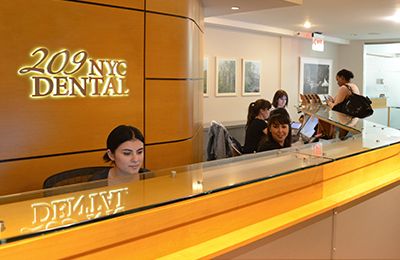 Contact us
Contact us
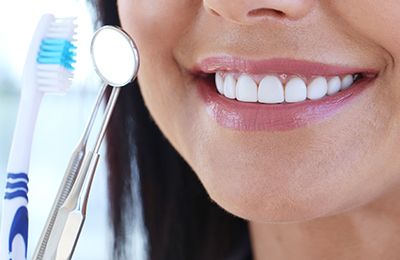 Diagnostic & Preventive
Diagnostic & Preventive
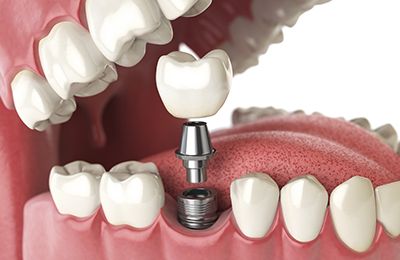 Implant Dentistry
Implant Dentistry
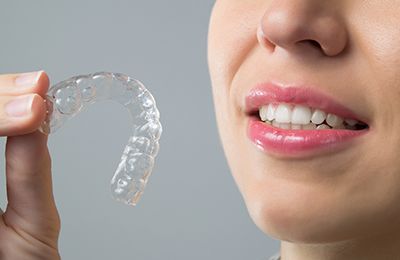 Clear Braces - Invisalign
Clear Braces - Invisalign
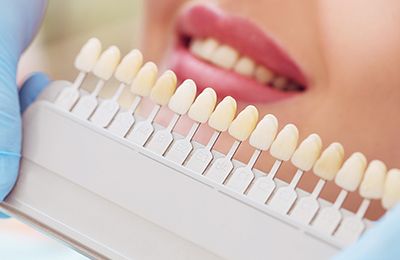 Cosmetic Dentistry
Cosmetic Dentistry
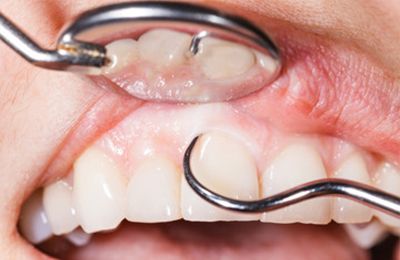 Periodontics
Periodontics
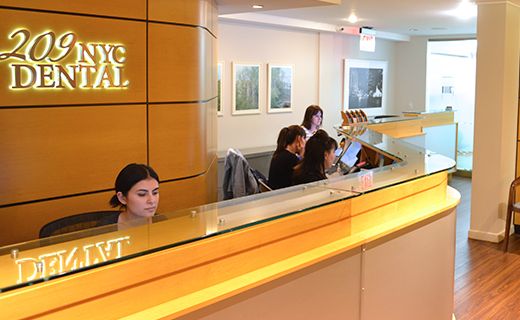 Patient Forms
Patient Forms
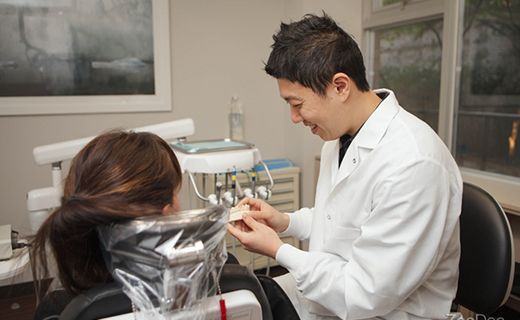 Payment Information
Payment Information
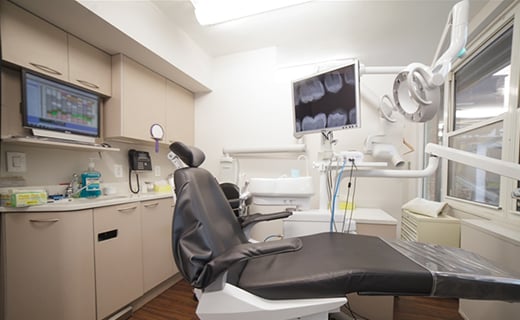 Insurance Options
Insurance Options
 CareCredit Dental
CareCredit Dental
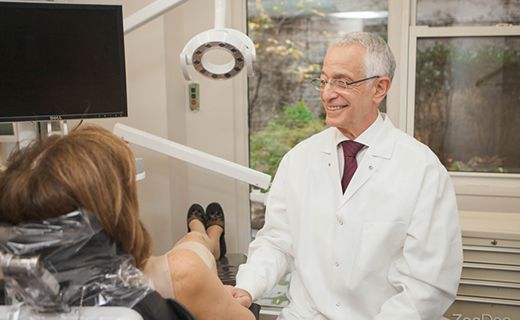 Appointment Policy
Appointment Policy
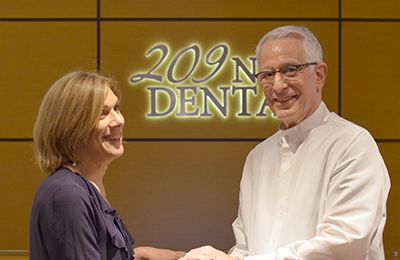 Free Consultation
Free Consultation
 Complimentary Teeth Whitening
Complimentary Teeth Whitening
 Teeth Whitening
Teeth Whitening
